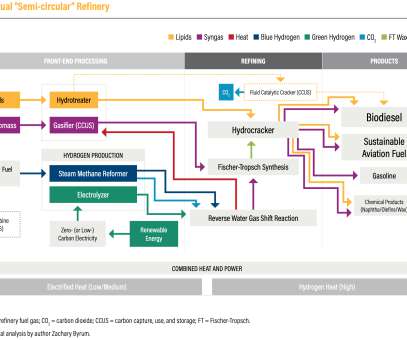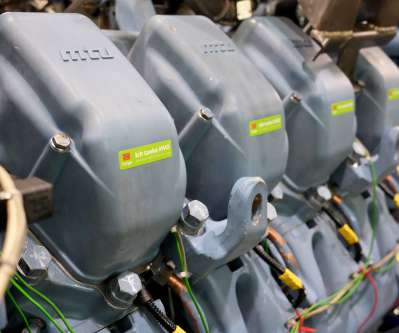WRI paper outlines technological pathways for decarbonizing petroleum refining
Green Car Congress
OCTOBER 24, 2021
Petroleum refining produces approximately 13% of US industrial greenhouse gas emissions and approximately 3% of all US emissions. Stationary combustion emissions come from burning fossil fuels in combustion units to generate heat for on-site processes such as distilling crude oil, creating steam, and cracking hydrocarbons.




















Let's personalize your content